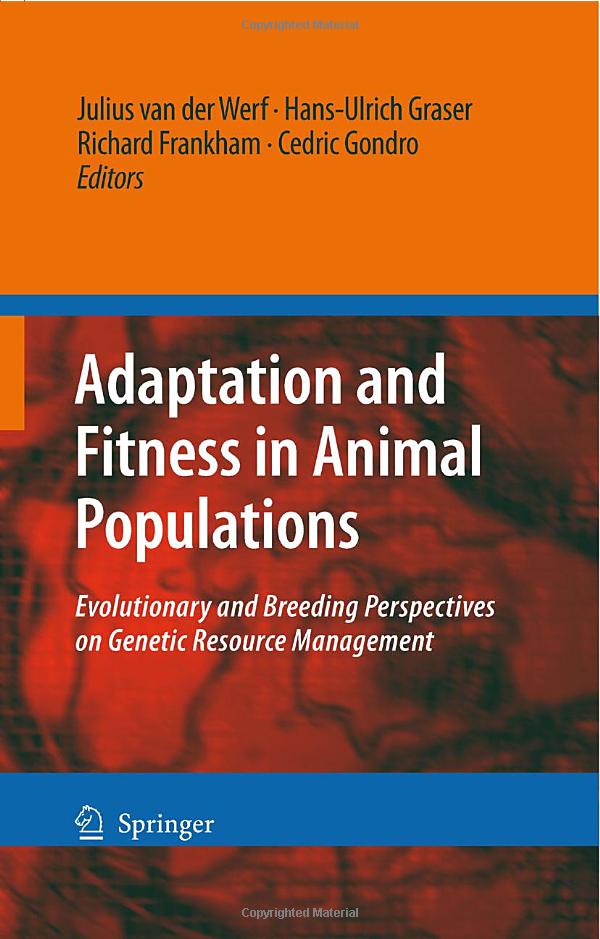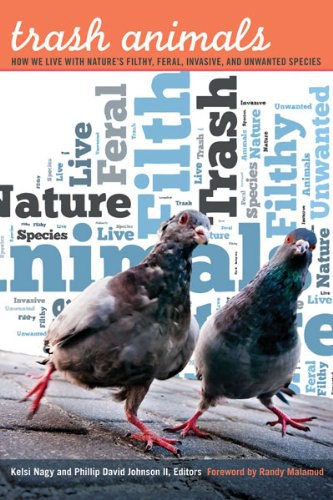Animals the New Slaves PETA: Understanding the Fight for Animal Rights
In recent years, the conversation surrounding animal rights has gained significant traction, leading to the emergence of powerful movements advocating for t……
In recent years, the conversation surrounding animal rights has gained significant traction, leading to the emergence of powerful movements advocating for the ethical treatment of animals. One of the most prominent organizations in this realm is PETA, which stands for People for the Ethical Treatment of Animals. Their campaign titled Animals the New Slaves PETA has sparked intense discussions about the parallels between human slavery and the exploitation of animals in various industries.
The term "new slaves" is used to draw attention to the plight of animals that are subjected to cruelty, confinement, and exploitation for human benefit. This analogy is not made lightly; it serves to highlight the moral and ethical implications of using animals for food, clothing, entertainment, and experimentation. PETA argues that just as society has evolved to recognize the rights of humans to live free from oppression, it is now time to extend that recognition to non-human animals.

PETA's campaign emphasizes the living conditions of animals in factory farms, laboratories, and entertainment venues. In these environments, animals often experience severe confinement, lack of proper care, and brutal treatment. For instance, in factory farming, animals are often kept in overcrowded and unsanitary conditions, leading to physical and psychological distress. PETA's use of the term Animals the New Slaves PETA seeks to provoke thought and encourage individuals to reconsider their consumption habits and the ethical implications of their choices.
Moreover, PETA's campaigns include graphic imagery and testimonials that reveal the harsh realities faced by animals. This approach is designed to evoke an emotional response and prompt action. The organization encourages people to adopt a vegan lifestyle, support cruelty-free products, and advocate for legislative changes that protect animal rights. By framing animal exploitation in the context of slavery, PETA aims to foster a deeper understanding of the interconnectedness of all living beings and the moral obligation to treat them with dignity and respect.

The impact of the Animals the New Slaves PETA campaign extends beyond awareness; it also challenges societal norms and encourages dialogue about the ethical treatment of animals. Many individuals who have engaged with PETA's materials report a shift in their perspective, leading them to make more conscious choices regarding their consumption and lifestyle. This change is vital in building a more compassionate society that values the lives of all creatures.
In conclusion, the Animals the New Slaves PETA campaign serves as a powerful reminder of the ongoing struggle for animal rights. By drawing parallels between the historical injustices of human slavery and the current exploitation of animals, PETA seeks to inspire action and compassion. As more people become aware of these issues, there is hope for a future where animals are treated with the respect and kindness they deserve. Engaging with this campaign is not just about changing personal habits; it is about participating in a larger movement that advocates for justice and equality for all living beings.
